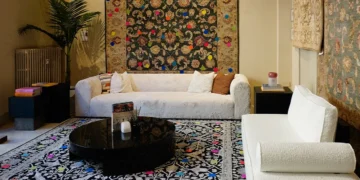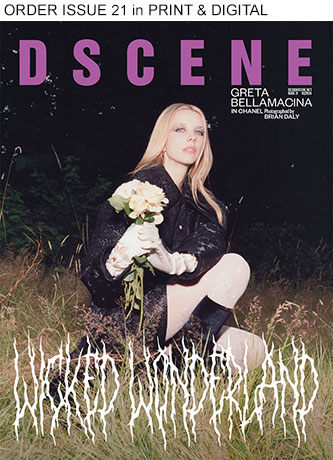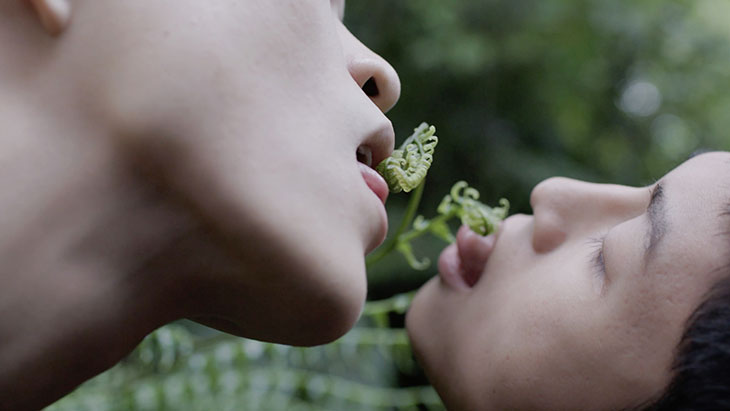
Editor KATARINA DJORIC sits down for an interview with Artist ZHENG BO who joined her in a call from Berlin to talk about his integration of plants in his art projects, what we could learn from plants fighting climate change, and upcoming projects.
DSCENE 014 IN PRINT $12 OR DIGITAL $4.90
Read the interview after the jump:
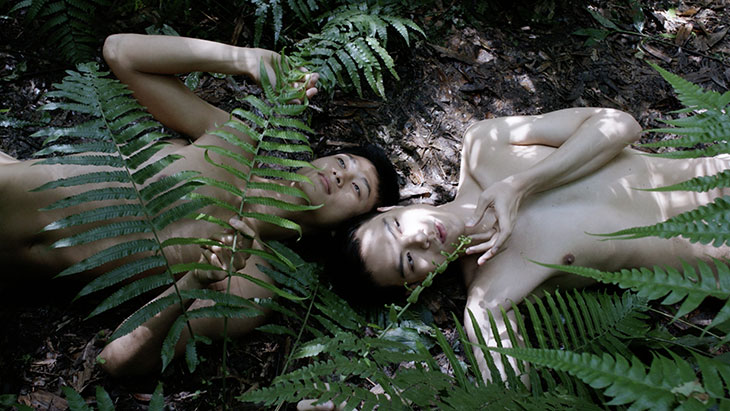
You started with socially engaged projects, and then, in 2013, your practice expanded to plants. Why? Where does your love for plants come from? I think it started when I moved from Beijing to Southern China. I grew up in Beijing, and it’s a very political city, therefore mainly dealing with human issues, so when I moved, I was freed from that obsession to some degree. I moved to Hangzhou, a very green city; there are beautiful trees in front of the art school where I was teaching. Also, I think many of us were paying attention to pollution in China, so I started to read more about it. All these reasons made me abandon socially engaged art and move on to work with plants. I think plants are so fascinating, and I didn’t know much about them before, but once I started, it was very easy to just keep going, because there were many things I didn’t know. There are many plants and they are so beautiful.
I completely understand the urge to learn more about plants, as I (like many other people) started gardening during the lockdowns. It’s so much fun watching them grow, and it’s very fulfilling. Growth and change are a big part of your work. I assume you are a very patient person. In my practice, I don’t plant, I transplant. In many projects, I transplant weeds into a different context.
The reason I was fascinated with porn is because it’s so pervasive in our lives, but still lacking any creativity.
But they are still growing and changing. Yes, but I would say I only do half of the work, maybe even less. Because plants will grow, as long as I provide them with basic conditions. As long as there are light and water they will grow. And most people don’t know that it’s very important to have good air quality, otherwise, the plants will suffer. Plants are very tough, especially weeds which require less care. But when I work with ferns, it’s very difficult. I work with ferns in the forest.
I guess they require cleaner air, that’s why they only grow in forests. Yes! They only survive in very good conditions.
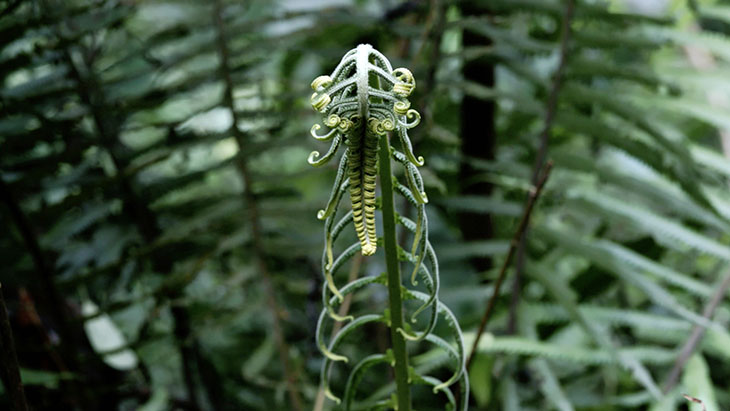
How did you come up with the idea of making an erotic film, between men and ferns? I was actually interested in porn as a topic before I was interested in plants. So I made a project in 2004, called Watch Porn – Learn English. So at the time, I was thinking about how in earlier porn in the seventies, many of them had dialogues, and those dialogues were really funny. So I made this project of learning English by watching porn. The reason I was fascinated with porn was that it’s so pervasive in our lives, but still lacking creativity. I always wondered why they don’t try something new. There are so many things you can do, but most porn directors are quite limited.
I agree. So you thought, why not try to do it with plants? Yes, because I was working with ferns in Taiwan, during a residency. Many of the projects were research-based and more serious. So I thought I needed something more emotional and more fun to move away from a very dry intellectual discourse with ferns, and that’s why I decided to make an eco-sex film.
You say ferns are “queer provocations,” reminding us that both humans and non-humans “could be more multi-sexual.” I think when I started I was just trying to get to know plants very quickly, to get to know ferns in Taiwan very quickly, and I thought having sex with them was a great way to do that. I often feel that I don’t control my projects as much as my projects lead me to things. Once I started, I was fascinated by the project, and I decided to go back and do more. I think only after two, three chapters I understood why I was fascinated by this project. I also started to understand it better through conversations with other people and people who write about my work.

But it’s an ongoing project – you are still working on it, right? Yes, I’m still working on it. There are many things about the ferns that I haven’t tried. It’s a project where I can try different things, I can learn about plants, but also about queer sex.
We can shrink our bodies, so when we move we will require less energy, right? So instead of geoengineering, why don’t we try to change our bodies?
There is also a question of consent from plants. You emphasize that consent from plants should move beyond the sexual realm. When you had lunch today, I’m sure you ate some plants, but did you ask for consent? I get frustrated when people ask me this question, so I’ve realized that we have become very ethical when thinking about sex, but we don’t think about ethical issues when it comes to other areas of our social life, like eating. Of course, some of us do – we think about where our food is coming from, we try to eat less meat, but I think we don’t pay much attention to the ethics of eating plants.
Many people don’t know that plants can respond to touch. Of course. I’m not saying we should stop eating plants, but we need to be more conscious of the decisions we make.
Besides sex with plants, what are the other alternative ways to relate to nature? I’m actually drawing plants while talking to you. Because I couldn’t travel to realize some projects I planned this year, I started to draw. I live in a village in Hong Kong, and there’s a hill behind the village. I started going up the hill every morning to draw plants. Since spring, I’ve been drawing every day.
So sex is one way to get intimate in a very short time, and another way is to do something every day. For example, if we talk to our neighbor every day, even if we exchange just a few sentences, over time we’ll get to know them. I think that’s why I’m drawing every day now.
You say there is a lot we can learn from weeds. What, for example? I realized weeds are very tough. They are so adaptive, but we tend to overlook their strength. They can break concrete; they can invade our garden. I think if we start to see and appreciate their strength, perhaps we’ll try not to control them as much, instead, we will try to work with them. I think if we see them as smart, strong, intelligent, and resilient, we will realize that those are the qualities that we as humans aspire to.
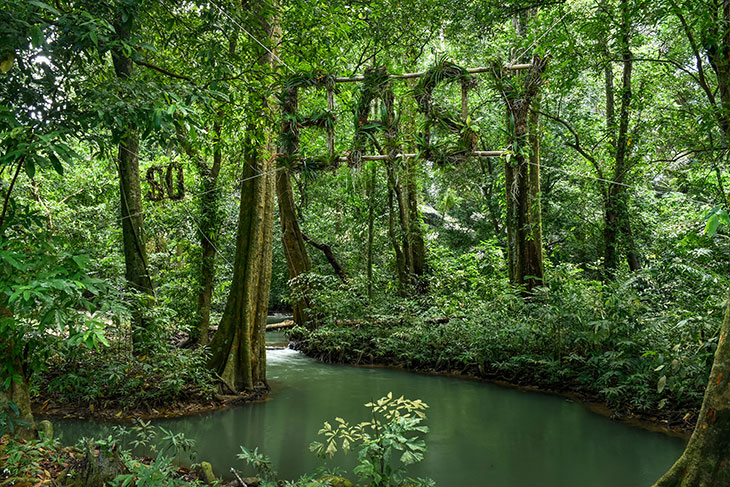
Supported by Hong Kong Arts Development Council. Courtesy of the artist and Edouard Malingue Gallery.
What is your advice on how to become more ecologically conscious? I think we really have to find ways to love plants. Some people do, they grow plants in their apartments and gardens, but I think we can love them even more passionately. For example, having sex with plants is something we can do, not just for art. Of course, people can play music to their plants, read poems to them, and do so many other things. We tend to think plants are stupid and that they don’t react to these things.
But they actually do? We don’t know. But my question is: why don’t we try it even if we don’t know? Why do we just assume it doesn’t work, right? Unless we try, we won’t know.
This year you started working as an artist-in-residence at the Gropius Bau in Berlin, where you are engaging in conversations with plant scientists and ecologists to speculate on how plants practice politics. So how do plants practice politics? I assume better than some politicians we know? Better than many. I will give you one example: I met with a scientist this morning, and through conversation with her I realized that plants don’t just act, they actually change their bodies. So I had this idea – why don’t we change our bodies if we believe in certain things, rather than just changing our behavior? For example, in order to solve the ecological crisis, can we all change our metabolism, so that we require less food and less energy?
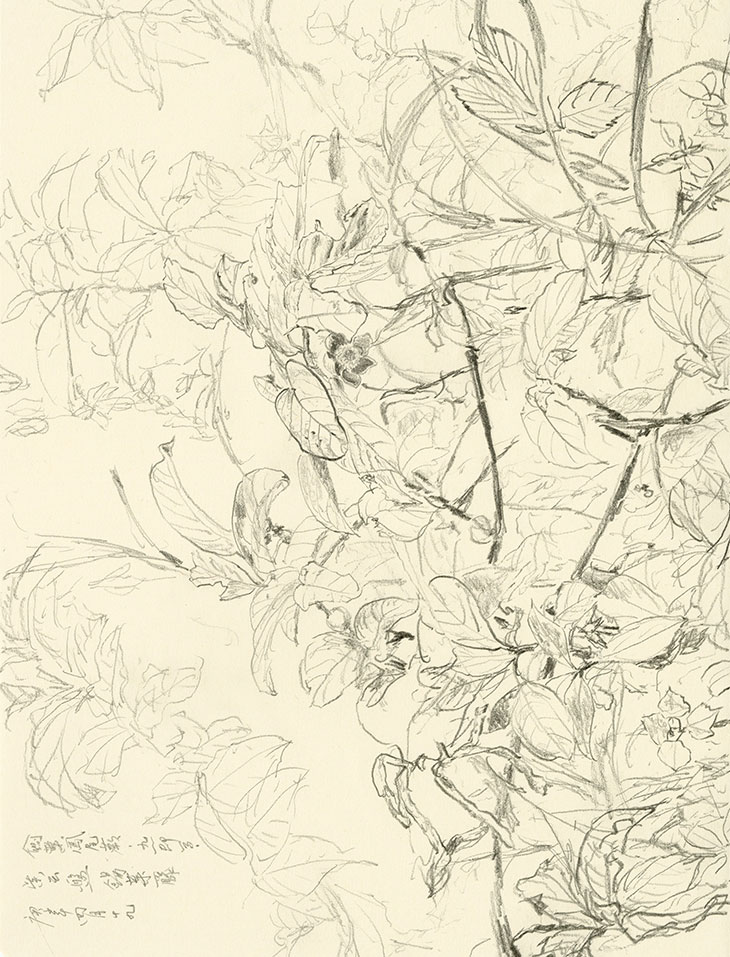
That’s an interesting concept. Yeah, we can shrink our bodies, so when we move we require less energy, right? Instead of geoengineering, why don’t we try to change our bodies?
How can we join the weed party? That’s an interesting question, especially now that parties are forbidden. When I say party, it’s twofold – not just a political party, but also a fun one. I haven’t thought about this, because I did this project a couple a years ago. We can now party with a plant, even though we cannot party with people.
Oh, I’ve been partying with plants a lot this year. Yeah, maybe this is the right time to think about it. I heard there are great parties for dogs in Berlin; perhaps we can do parties for plants as well. It’s much safer to party with plants now.
What are you working on right now? I’m talking to scientists and I’m going to make a short film to capture some of the conversations. We’re going to do a public forum with scientists in Berlin in November. I’m also drawing every day.
Keep up with Zheng Bo’s on Instagram – @mr.bo.zheng
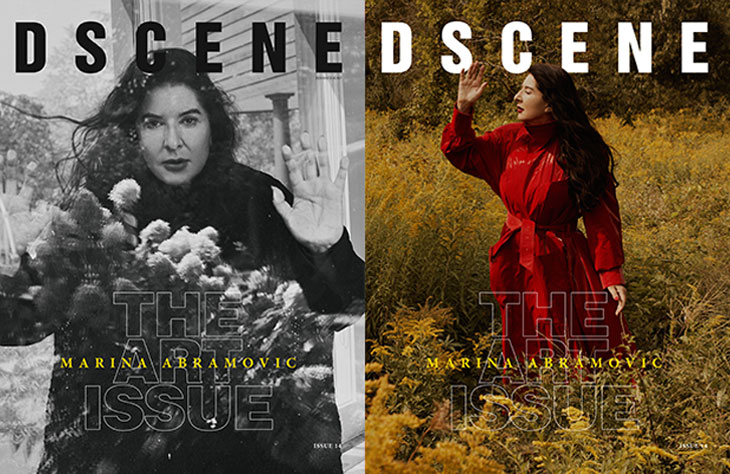
DSCENE 014 IN PRINT $12 OR DIGITAL $4.90














